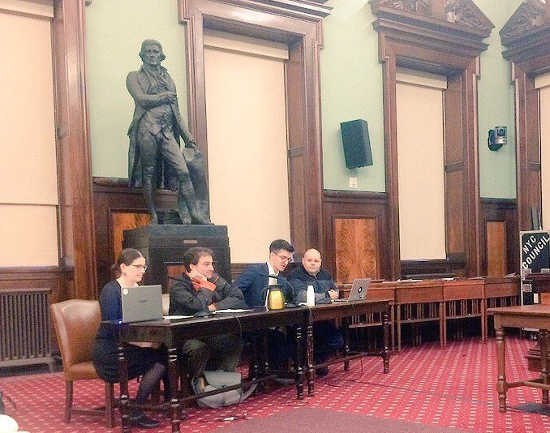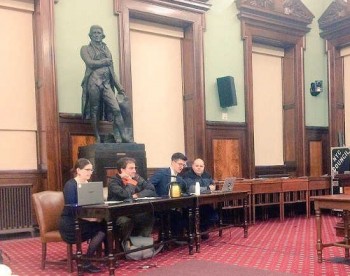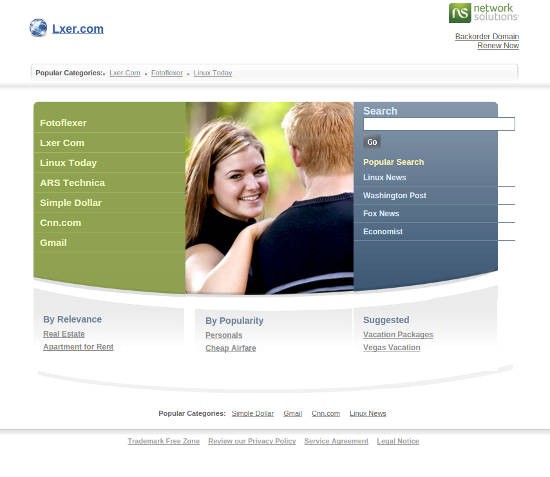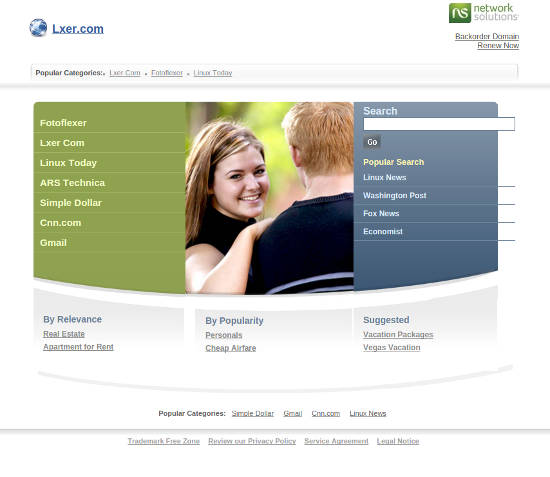The Heart of Linux
Tasks which are everyday simple to the experienced computer user can be daunting to someone who hasn’t been shown how.
Most everyone reading this, to at least some point, is computer proficient. Whether we’ve written scripts for macros to make our typing tasks simpler, or created entire websites, we perceive our skills as part of our daily lives. Not a big deal. It’s simply the tools we’ve accrued to facilitate our work. Ctrl+A? Nothin’ to it. Ctrl+V? Same same. Vi vs Emacs? Don’t start it. There are dozens of small, time-saving commands we’ve learned over the years. And we most certainly do take them for granted. But to those who don’t know much past turning the computer on and doing some basic browsing, those commands are like magic.

Ken Starks is the founder of the Helios Project and Reglue, which for 20 years provided refurbished older computers running Linux to disadvantaged school kids, as well as providing digital help for senior citizens, in the Austin, Texas area. He was a columnist for FOSS Force from 2013-2016, and remains part of our family. Follow him on Twitter: @Reglue














